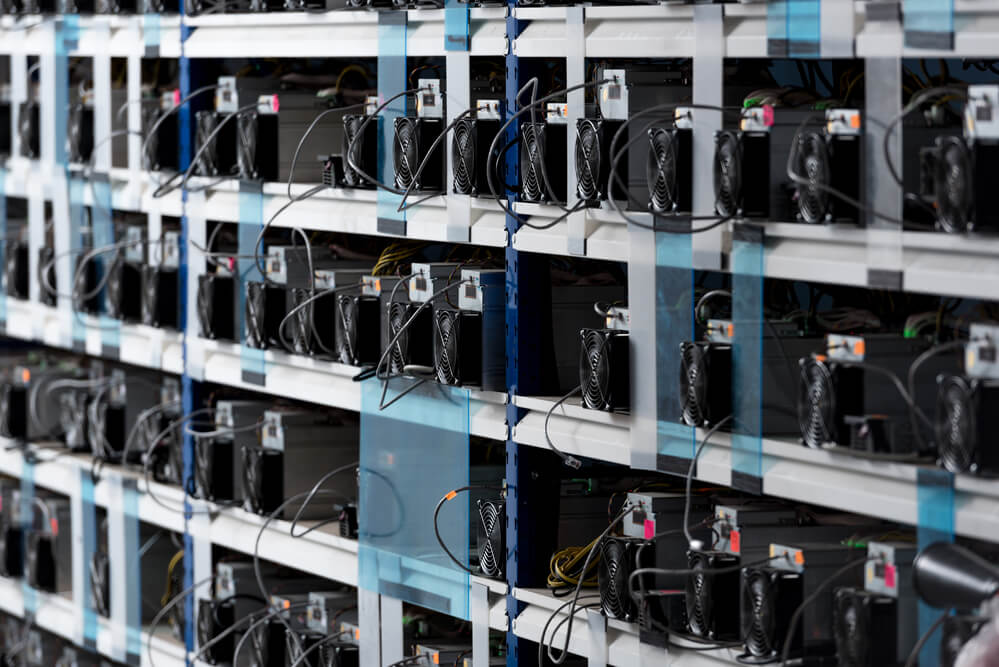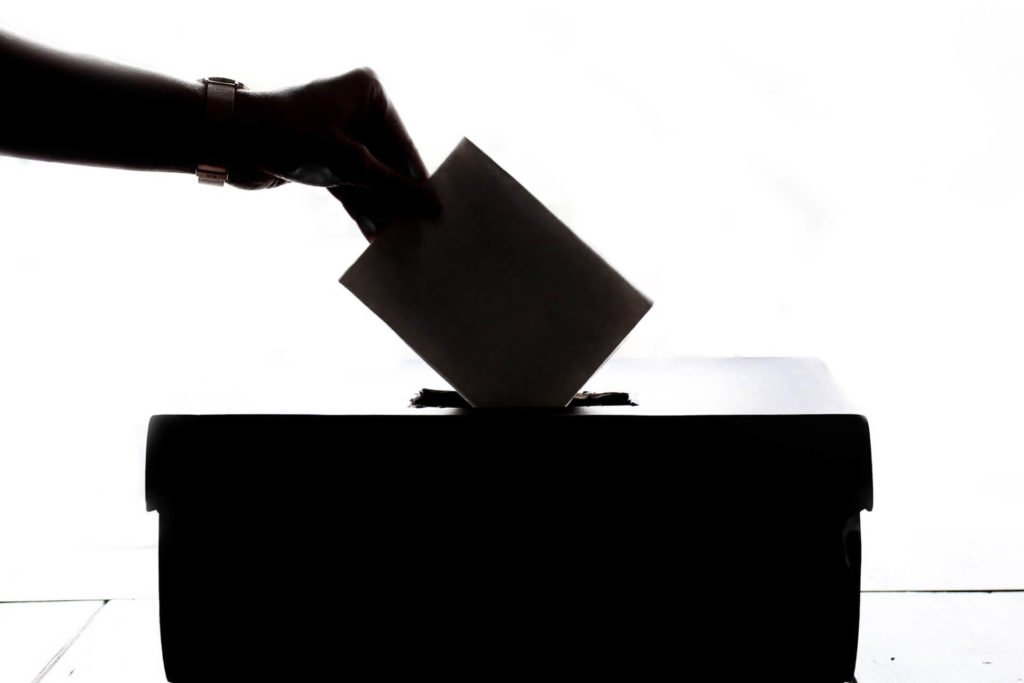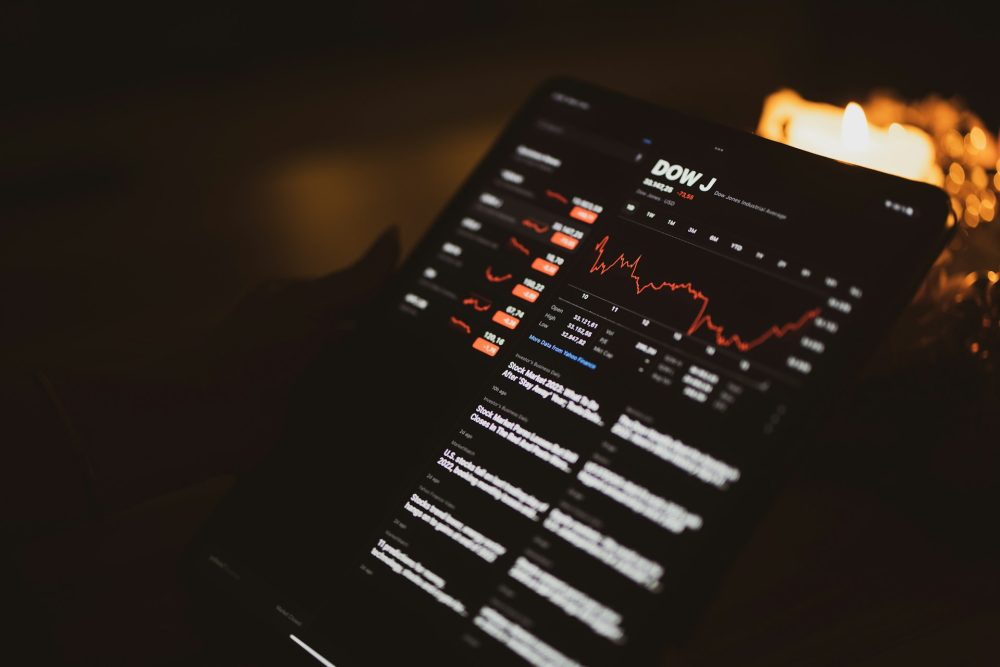Crypto
The unseen roles which blockchain plays in fostering human rights interests around the world
Blockchain is more popularly used as a money-making machine in the form of cryptocurrency. But what other benefits can blockchain do to help resolve the many issues the world faces today?

There’s a lot of misinformation regarding the essence of blockchain. Many consider the digital ledger a money-making machine for the technologically inclined, especially as news of the capital base of the cryptocurrency sector spreads like wildfire.
What do we know about blockchain?
The digital ledger provides a reliable support base for the growth of other platforms aimed at solving any of the challenges in the world today. The absence of middlemen is one of blockchain’s alluring advantages.
The digital ledger looks all set to tackle some of the greatest problems bedeviling our world today, though it’s still early days for the technology. Currently, blockchain has made travails in several areas many are unaware of.
Here’s an insight on some of the input of blockchain toward protecting the human rights of individuals around the globe.
Salvaging the refugee situation
Refugee figures rise at a geometrical rate, and there’s so much to do to curb the menace. A mix of digital currencies and blockchain has proved helpful in ameliorating the suffering of some of these refugees. The World Food Programme (WFP) heralded by the United Nations showed the potency of blockchain and cryptocurrency by providing aid to Syrian refugees through a combined effort of markets, cryptocurrency platforms, and blockchain.
Accessibility to medical record information
One of the issues rocking the healthcare sector is the lack of a unified medical record database which can be accessed by medical professionals for the proper treatment of their patients.
The Bill and Melinda Gates Foundation intends to revolutionize the healthcare sector using blockchain. The foundation has started the process of creating a blockchain-based decentralized platform where licensed healthcare professionals can access data about their patients without having to wait a long time for the feedback from a faraway clinic. The medical professional will be able to add more information as the patient’s situation progresses. Also, the patient can verify the information entered into the database from their devices.
This will surely improve the efficiency of the healthcare sector since doctors and other healthcare professionals have access to more information which could affect a diagnosis.
Revamped electoral process
While democracy has come to stay in many nations, this type of government has its fair share of problems. In countries around the world, transparency in the election process is a key issue which has sparked protests and violence when the losing side feels cheated.

Blockchain can help improve the electoral process. (Source)
The concept of thumb printing on paper should be in the past, but electronic voting has remained unexplored especially in the developing nations due to trust issues. Blockchain could change that. Since the security attributes of the digital ledger are top-notch coupled with its high level of transparency, the technology could be the best chance of free and fair elections.
In fact, some startups have begun work on creating applications based on blockchain that eliminates notions of irregularities as the system is self-sufficient and decentralized. Voters are not left behind as these startups intend to make the voting process easy by ensuring voting can be done using their phones.
Closing the financial divide
One of the ways through which more people have stayed above the poverty line in many of the developing countries of Africa is the financial assistance rendered by loved ones outside the continent. While taxes on transfers made to those in these developing regions are usually high, middlemen have contributed immensely in depleting the stipends which gets to those in the continent.
Both blockchain and cryptocurrencies can help the individuals affected by these bulging fees. Startups have developed platforms based on the digital ledger to transfer money without the hefty fees which global companies like WU have become known for.
Stellar Development Foundation has prioritized the easy transfer of financial resources from loved ones in developed countries to their families in Africa and the Philippines regardless of their financial capability.
Ending modern-day slavery
As much as we try to downplay the existence of slavery, some people still practice the eerie act. The food industry, especially in the Asian continent, is the biggest culprit. While everyone would want to boycott the indicted businesses, identifying those actually involved in this disgusting act can be a tough ask.
Adequate information regarding the food supply chain can change things. Some startups have begun the process of storing details about food distribution chain within blockchain and making the same available to the populace. This has the ripple effect of negating the use of forced labor in the concerned sector.
Final thoughts
The impact of blockchain transcends those outlined above. In fact, we have not scratched the surface on the enormous capabilities of the digital ledger. With the input of more enterprising individuals, there’s more we can be achieved for everyone on the planet and the world in general.
(Featured image by DepositPhotos)
—
DISCLAIMER: This article expresses my own ideas and opinions. Any information I have shared are from sources that I believe to be reliable and accurate. I did not receive any financial compensation for writing this post, nor do I own any shares in any company I’ve mentioned. I encourage any reader to do their own diligent research first before making any investment decisions.

-

 Business4 days ago
Business4 days agoThe Dow Jones Teeters Near All-Time High as Market Risks Mount
-

 Crowdfunding2 weeks ago
Crowdfunding2 weeks agoWorld4All, a Startup that Makes Tourism Accessible, Surpasses Minimum Goal in Its Crowdfunding Round
-

 Biotech1 day ago
Biotech1 day agoGut-Derived Molecule Identified as Early Marker and Driver of Atherosclerosis
-

 Crypto1 week ago
Crypto1 week agoThe Crypto Market Rally Signals Possible Breakout Amid Political Support and Cautious Retail Sentiment


























You must be logged in to post a comment Login